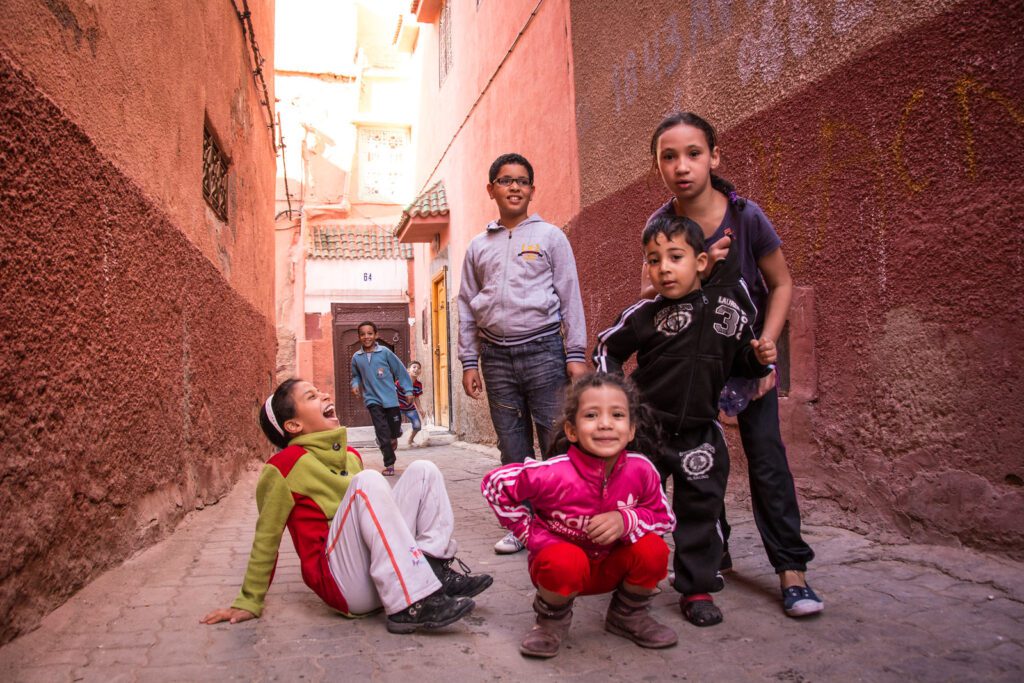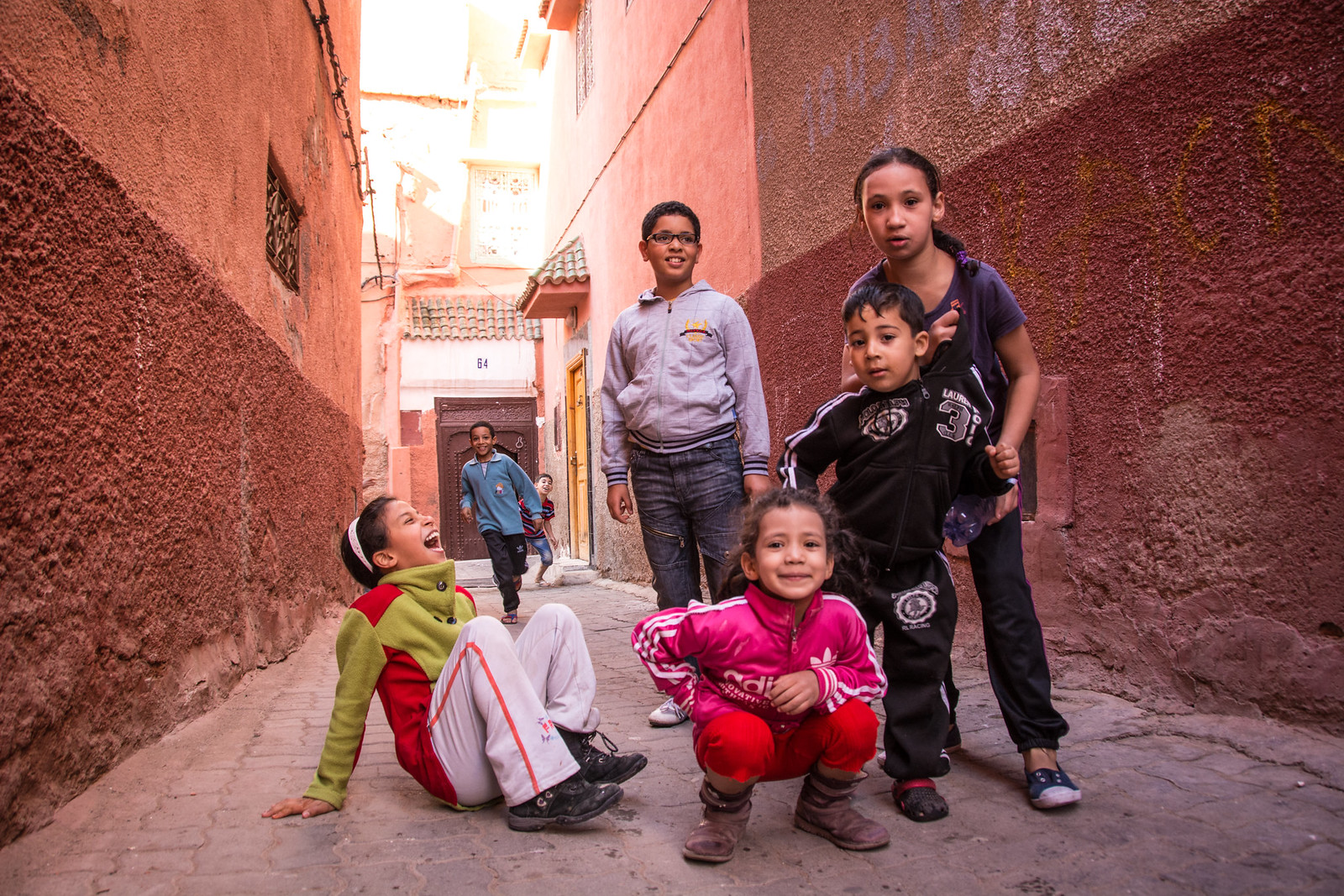
This is the second in a series of video diaries I am doing while spending time in Morocco for a family commitment. I am experimenting with this video diary format to share my thoughts on the travel industry through the lens of my stay here. Here’s the first one, which was on preserving authenticity in a digital age.
The second one is below. If you aren’t able to view the video properly here, check it out directly on my LinkedIn post.
Greetings from Meknes, a charming town in northern Morocco, about a three-hour drive from Casablanca. I’ve been staying here for an extended period — about a month in total — which places me in an interesting category within the travel industry known as VFR (Visiting Friends and Relatives).
We VFR travelers exist somewhere between tourists and residents, often overlooked by the mainstream travel industry. Yet our unique position offers valuable insights into the future of responsible and personalized travel.
During my stay, I’ve been thinking through responsibilities that VFR travelers like myself have toward local communities and the broader travel ecosystem, especially in an age where responsible tourism is becoming increasingly important.
Unlike typical tourists, we often stay longer in a single location and integrate more deeply into the local infrastructure. This raises questions about how we contribute to the local economy and how our choices impact both local businesses and global platforms.
For instance, when booking accommodations, I found an apartment on Airbnb but chose to contact the host directly through a family connection. This allowed me to negotiate a better price and ensured that the local entrepreneur received the full payment without platform fees. While this decision benefited both parties financially, it prompted me to consider my responsibility toward the platform that facilitated the initial discovery. Should the convenience and services provided by large platforms like Airbnb outweigh the benefits of directly supporting local hosts?
Another example is a local eatery I’ve frequented — a small place that serves the best harira (a traditional Moroccan soup) I’ve ever tasted. This gem isn’t even listed on Google Maps. Sharing its location online could boost the business but might also disrupt the local balance and charm that make it special. We’ve seen how viral popularity can sometimes harm small establishments unprepared for sudden influxes of tourists. So, what is our responsibility when it comes to promoting such places?
Tourism Marketing Overlooks VFR Travelers
These experiences highlight a broader issue: the travel industry’s general neglect of the VFR market. Despite being repeat visitors who often stay longer and spend money locally, VFR travelers are rarely targeted by tourism marketing efforts. Traditional marketing strategies overlook the nuances of travelers like me, who don’t fit neatly into standard tourist profiles but still engage with tourist activities and contribute to the local economy.
In an era of hyper-personalization enabled by AI, there’s a significant opportunity to better serve the VFR market. Advanced analytics and personalized marketing could help identify and cater to the specific needs of VFR travelers, enhancing their experiences while ensuring sustainable impacts on local communities. This could involve tailored recommendations that respect the local culture and economy, encouraging responsible spending and engagement.
Moreover, as VFR travelers, we should be mindful of our impact. Our extended stays and deeper integration into local life mean we have a greater responsibility to act sustainably and support the communities we temporarily become part of. This includes making conscious choices about where we spend our money, how we interact with local services, and the ways in which we might contribute positively to the places we visit.
It’s time for the travel industry to recognize and embrace the VFR market’s potential. By doing so, we can create a more inclusive and responsible travel ecosystem that benefits travelers and locals alike. For VFR travelers, being aware of our unique position allows us to make more informed decisions that support sustainable tourism and enrich our own experiences.

